28, June 2022
At a time of political darkness in Cameroon: It’s time for Southern Cameroonians to leave 0
You may have heard of the Edgar Alain Mebe Ngo’o scandal, in which at least three prominent Francophone figures were also arrested! To be sure, a deputy director of a bank, a Treasury inspector and an army colonel were all detained alongside the man once tipped to succeed President Biya and charged with diverting public funds and corruption.
When that sprawling con burst into public view, it was easily the biggest financial scandal that ever rocked the ruling CPDM government and only compared to the Albatross Affair. That was bad enough, but today the disgraced former Minister of Defense, Edgar Alain Mebe Ngo’o appears in court holding a glass of very chilled champagne (See photo attached to this report).
The Francophone political players may be a little different, but the Anglophone basic premise is correct: Reunification was a rigged game. We found this out in the last five years, when Francophone army soldiers were deployed to slaughter innocent Southern Cameroonians while series of related corruption stories spilled out of nearly every government sector in Yaoundé including SONARA, the National Oil Refinery Company. The recent financial scandal facing the National Hydrocarbons Corporation (SNH) is a justification that corruption in Biya’s Cameroon is just about everything.
Journalist Jules Koum Koum, who died in a Cameroon government road accident plot, had in 2010 investigated an alleged over-billing scandal for military uniforms at the defense ministry when Mebe Ngo’o was minister.
A fifth person questioned in the same investigation is nowhere to be found! They are all blood relations to the Head of State President Biya.
It is no surprise to Southern Cameroonians that the Special Criminal Court which deals with major corruption cases now allows criminals to attend hearings with champagne making the legal process a manipulation-on-manipulation situation.
What is happening in French Cameroun is the height of criminality. It’s time for Southern Cameroons to leave.
The Mebe Ngo’o bad news didn’t start at the ministry of defense! Before joining the government, he had led the police force and run the presidency’s civil office. But the biggest shock came out of the defense ministry where he spent six years and also in the ministry of transport.
Biya and his Francophone political elites have made Southern Cameroonians to be living in an era of undisguised, French Cameroun conspiracy, in which the only solution for the people of Southern Cameroons is to get back to Buea and begin all over again.
By Isong Asu
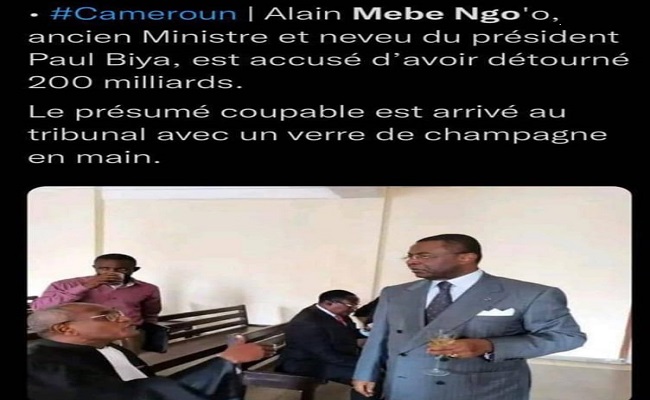
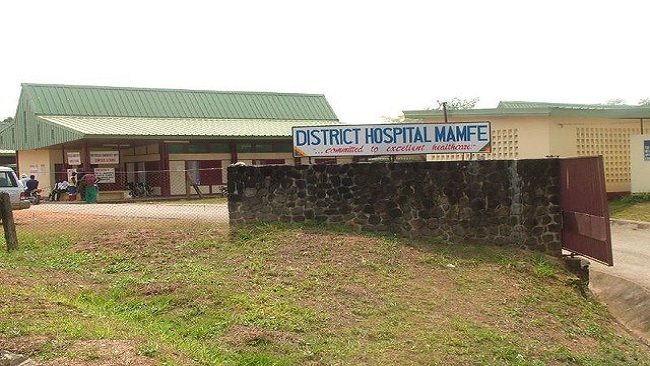
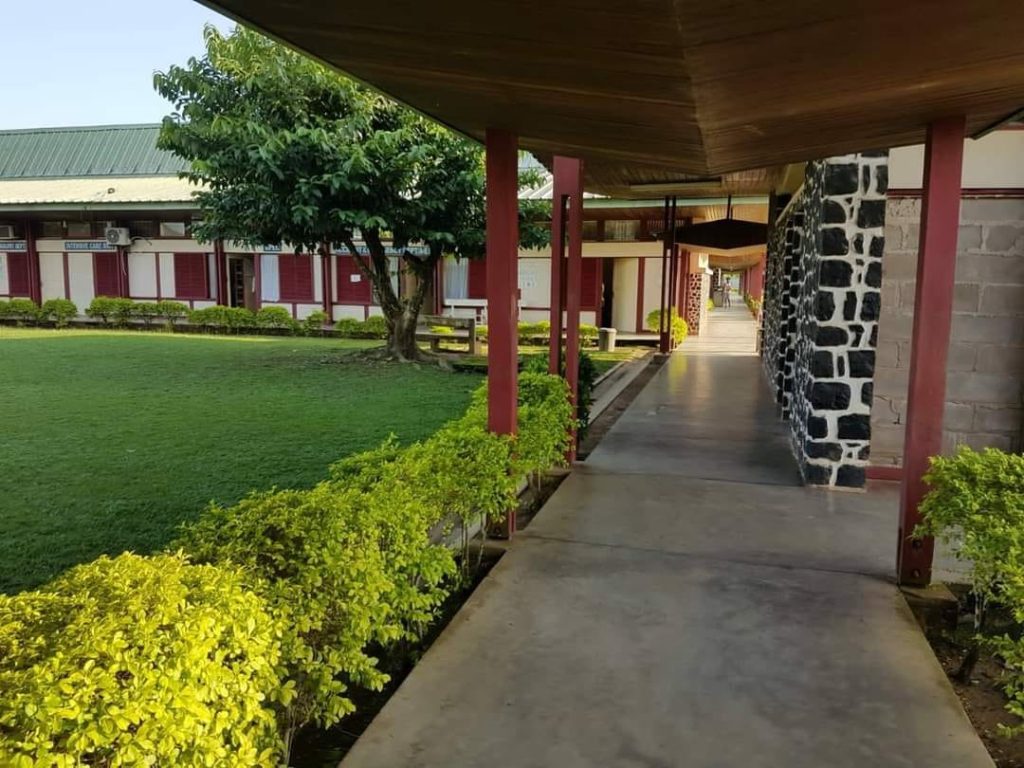
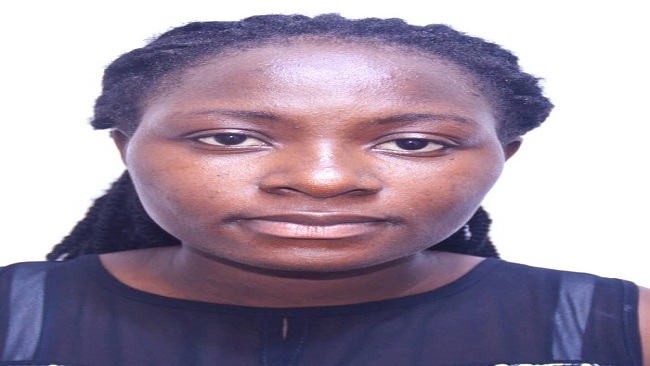

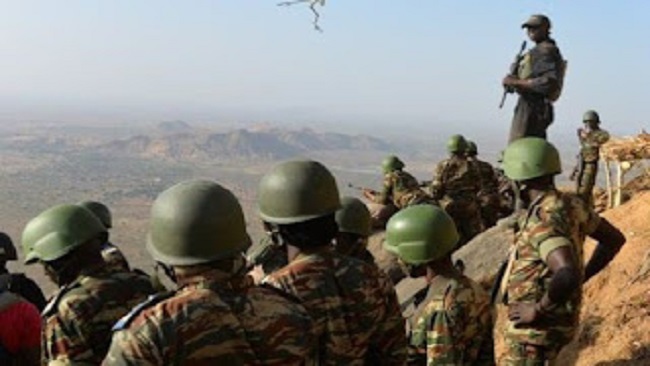
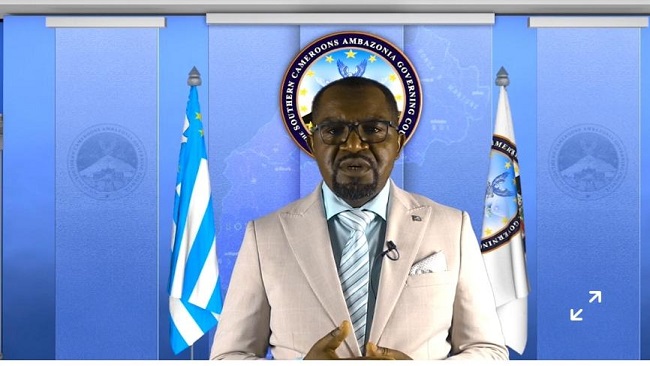


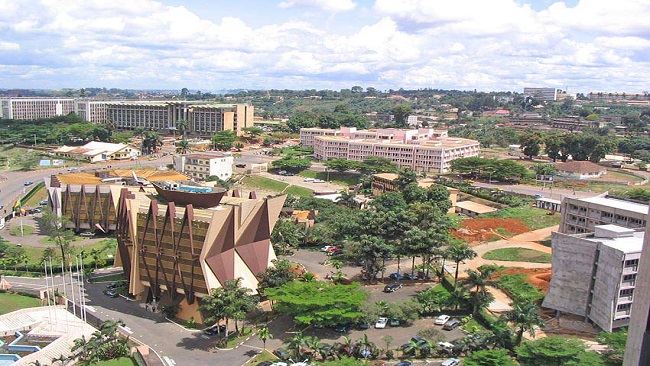












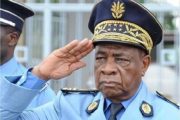


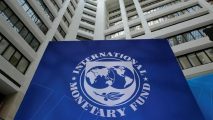

5, July 2022
Southern Cameroons Crisis: There is a price to be paid for the fanciful delusions of Mr. Biya and his Beti Ewondo kinsmen 0
The two Cameroons are undergoing the greatest struggle in the name of freedom since the rigged 1961 reunification.
Southern Cameroonians are fighting to take back their country-the Federal Republic of Ambazonia while French Camerounians are fighting for their freedom.
Many are now convinced and confident that, at the end of the day, Southern Cameroons independence and Southern Cameroons sovereignty will prevail and will be there long after the 89 year-old Paul Biya has left the scene.
The reality is that the people of Southern Cameroons have survived five years of French Cameroun military onslaught and they are well on their way to outlasting the Biya administration that criminals like Atanga Nji and Joseph Dion Ngute serve.
There have been continued calls from the embattled President Biya to stop the military operations in Southern Cameroons and hold genuine negotiations with the jailed Ambazonian leaders.
While acknowledging that the Francophone dominated armed forces were suffering painful losses on the front lines in Southern Cameroons, President Biya and criminal gang believe that Cameroon government troops would be able to hold on in their fight against Ambazonia fighters, and eventually stifle the resistance.
People in the know including many political commentators have come to assess that the war in Southern Cameroons has tilted in Ambazonia’s favour, Biya and his Francophone Beti Ewondo officials believe that the opposite is in fact true — that the so-called one and indivisible Cameroon is emerging from the current struggle with an advantage brought on by the provision of Made in France weapons and the deliberate silence of the West.
The problem facing the Francophone leaders in Yaoundé is the harsh reality of military math. Amba fighters are destroying vast majority of Yaoundé’s pre-conflict arsenal. This fact is played out with violence daily — in a conflict that has taken on the characteristic of a massive artillery duel with Amba fighters using the hit-and-run tactics.
The hard truth is that even Paul Atanga Nji is now fed up with the Biya Francophone pattern of governance. Francophone military officials and some Roman Catholic clerics are now admitting high casualty rates. Correspondingly, there is no way Biya’s offer of more money to the military will reverse the inevitable tide of Cameroon government’s looming strategic military defeat in Southern Cameroons. The emergence of Boko Haram in the Far North makes Biya’s offer to the army very hollow.
We of the Cameroon Concord News Group believe that when the so-called Biya military operation will be over and Biya gone for good, the one and indivisible Cameroon would no longer exist as a nation.
There is a price to be paid for the fanciful delusions of Mr. Biya and his Beti Ewondo kinsmen, and those in Yaoundé like Fru Ndi who believe them, and that price may be the very existence of the United Republic of Cameroon as a country.
By Soter Tarh Agbaw-Ebai